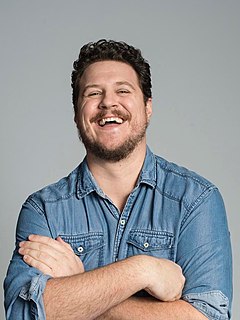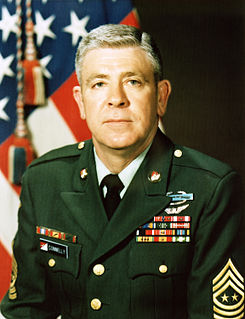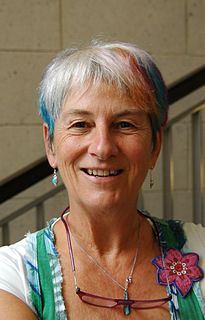A Quote by Cameron Britton
We opened a theater in 2006 called Loft Ensemble in Sherman Oaks. And we write our own plays and do goofy characters and pack a whopping 20 people per night to watch our work.
Related Quotes
I found it was my good fortune to somehow be able to work in these forms that I loved when I was a kid. I love movies and I could write screenplays. I love theater and I could write plays. I mean, they would be my own, I could never write what was used to be called the well-made play. But my first play, "Little Murders," turned out to be a great success and a great influence on plays at that time.
We both [me and Eugene Levy] come from the same place. Eugene did most of his work in SCTV and ensemble situations. I'd done all this theater work before I got into movies and ensemble situations. We both learned how to develop characters and interact with other people in a unique and economic sort of way.
We all come to the theater with baggage; The baggage of our daily lives, the baggage of our problems, the baggage of our tragedies, the baggage of being tired. It doesn't matter what age you are. But if our hearts get opened and released - well, that's what theater can do, and does sometimes, and everyone is thankful when that happens.
I was 22 and stopped writing plays, and I didn't start again until I was 25. I was writing badly. In college, I attempted to write these more conventional plays, but the theater I loved was downtown experimental theater. I didn't feel like I could do that either. It didn't occur to me to do my own thing.
The way we work at Pixar is we write the script, but then we quickly move on into story reel, which is basically like a comic-book version of the film. And then we do our own dialogue and music and sound effects, all in an effort to be able to basically sit in the theater and watch the movie before we shoot it, essentially.
Ultimately, any character you write - no matter how fantastic or alien - is an extension of yourself. When our characters reflect the truth of our souls and psyches, they become real and compelling. The wonderful paradox is that the characters then take on lives of their own, separate from their creators. That's where the magic comes in.
We draw our strength from the great oaks of the forest. As they take their nourishment from the soil, and from the rains that feed the soil, so we find our courage in the pattern of living things around us. They stand through storm and tempest. They grow and renew themselves. Like a grove of young oaks, we remain strong.
In proportion to our body mass, our brain is three times as large as that of our nearest relatives. This huge organ is dangerous and painful to give birth to, expensive to build and, in a resting human, uses about 20 per cent of the body's energy even though it is just 2 per cent of the body's weight. There must be some reason for all this evolutionary expense.
The first act of insight is throw away the labels. In fiction, while we do not necessarily write about ourselves, we write out of ourselves, using ourselves; what we learn from, what we are sensitive to, what we feel strongly about--these become our characters and go to make our plots. Characters in fiction are conceived from within, and they have, accordingly, their own interior life; they are individuals every time.
A lot of what I've had produced are plays, and I just don't want to do that. It's different than a movie, where you only have to act the scenes the one time, and you have other collaborators helping you make it better, so you don't feel as obsessed with your own mind. Plays you have to do every single night, and the thought of that is agony to me. There are days when you hate your own work, and you don't want to be confronted with that, have it coming out of your mouth or listening to somebody else say it to you. There are days you want to leave the theater and get a drink.




































